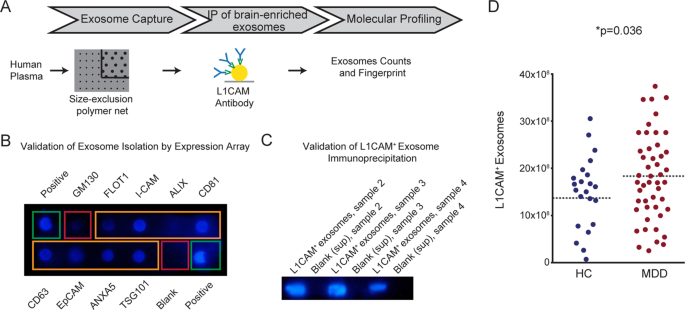Unlurking for this one. There's a new theory of mental illness conceptualization and tx called metabolic psychiatry. The basic idea is that much of what we call mental illness can be conceptualized as a metabolic disorder of the brain. It's the bio part of a new biopsychosocial model (the psychosocial part is not ignored).
Emerging evidence suggests that by addressing brain metabolism through lifestyle factors (principally but not exclusively through "ketogenic metabolic therapy," or KMT) many of those suffering from serious mental illness (e.g. SZ, BD) experience dramatic outcomes at least on par, if not exceeding the outcomes of traditional tx's (drugs and therapy). The research base supporting metabolic psychiatry and KMT extends over a wide swath of different disciplines, including neurology, genetics, metabolic, and clinical research. Stanford has created a "metabolic psychiatry" clinic, and Harvard now has a "metabolic and mental health" program. The book "Brain Energy" by Chris Palmer breaks down the theoretical and research underpinnings. The research is still in its infancy, with around 12 controlled trials examining KMT for MI still in various stages of completion. There is a lot of buzz in this area.
Whenever I ask colleagues for their opinion about it they typically dismiss it out of hand as quackery, but without even a superficial understanding of the theory or the science behind it. Personally, I think this is a game changer and will revolutionize how we conceptualize and treat mental illness. But I could be wrong, time will tell.
I am curious to know if anyone on this board has heard of this, and your opinion about it. Specifically, if you think it's bunk, please tell me why. Here are a couple of articles to introduce yourself to the topic. The first is from the J of Psychiatric Brain Science, the second is a NPR article, but with lots of research links:
The Role of Ketogenic Metabolic Therapy on the Brain in Serious Mental Illness: A Review
Emerging evidence suggests that by addressing brain metabolism through lifestyle factors (principally but not exclusively through "ketogenic metabolic therapy," or KMT) many of those suffering from serious mental illness (e.g. SZ, BD) experience dramatic outcomes at least on par, if not exceeding the outcomes of traditional tx's (drugs and therapy). The research base supporting metabolic psychiatry and KMT extends over a wide swath of different disciplines, including neurology, genetics, metabolic, and clinical research. Stanford has created a "metabolic psychiatry" clinic, and Harvard now has a "metabolic and mental health" program. The book "Brain Energy" by Chris Palmer breaks down the theoretical and research underpinnings. The research is still in its infancy, with around 12 controlled trials examining KMT for MI still in various stages of completion. There is a lot of buzz in this area.
Whenever I ask colleagues for their opinion about it they typically dismiss it out of hand as quackery, but without even a superficial understanding of the theory or the science behind it. Personally, I think this is a game changer and will revolutionize how we conceptualize and treat mental illness. But I could be wrong, time will tell.
I am curious to know if anyone on this board has heard of this, and your opinion about it. Specifically, if you think it's bunk, please tell me why. Here are a couple of articles to introduce yourself to the topic. The first is from the J of Psychiatric Brain Science, the second is a NPR article, but with lots of research links:
The Role of Ketogenic Metabolic Therapy on the Brain in Serious Mental Illness: A Review
Patients say keto helps with their mental illness. Science is racing to understand why
Last edited:


